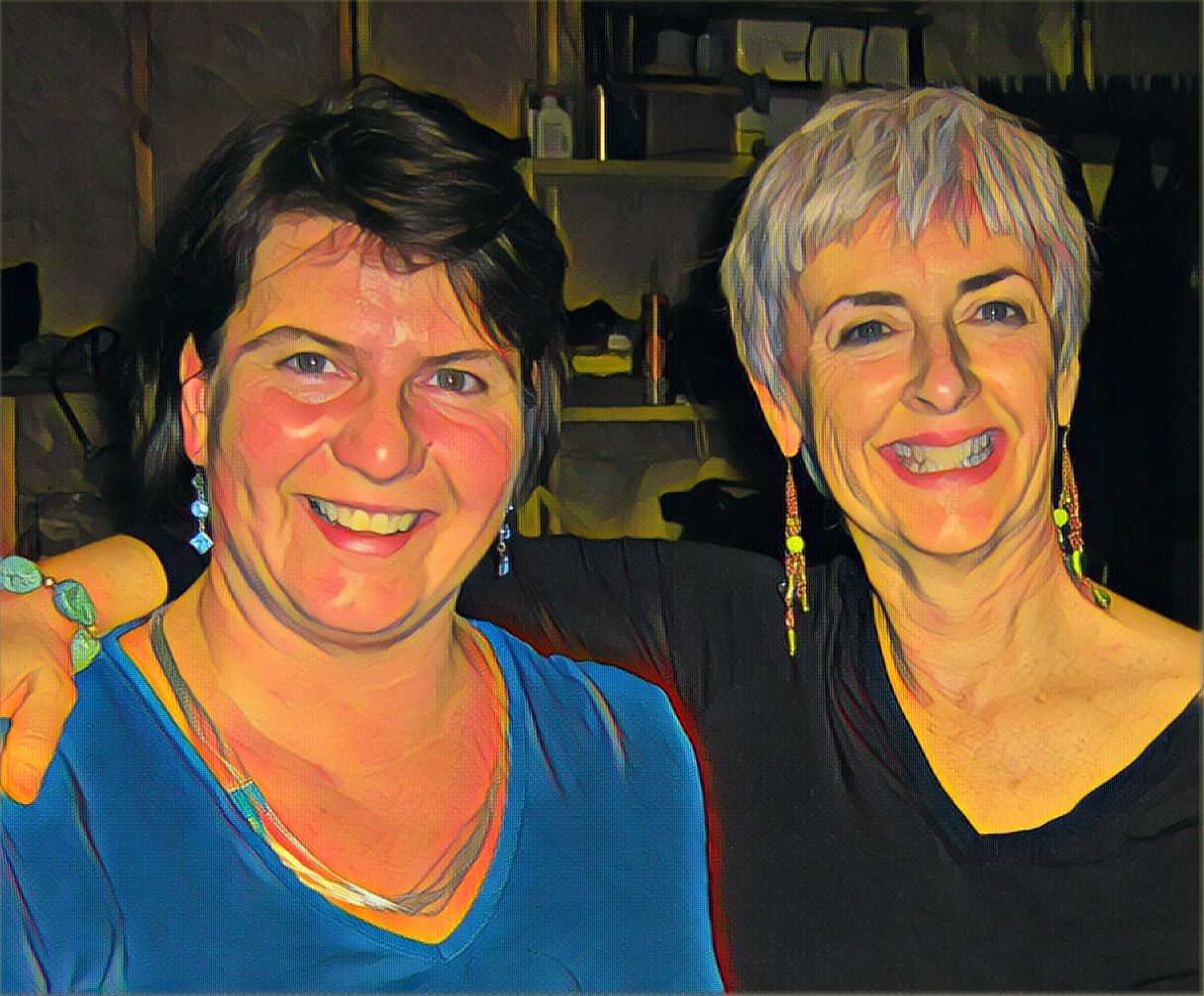One of the annoying things about hearing loss, for many people, is having to depend on things and other people to help them hear.
Adults may be reluctant to admit their developing hearing loss because it threatens their independence, so they dismiss suggestions from their family to get help.
But they don’t want help—from hearing professionals, from technology, from family, and especially not help from strangers.
I’ve had hearing loss since birth and I say, “Bring it on!”
Due to the prevailing medical wisdom of the time, I went the first 20 years of my life without hearing technology. (And in fact, hearing aids of that era were not suitable for my then-mild hearing loss.) My parents encouraged me to be open about my hearing loss, but I depended on them to help me by filling in life’s auditory blanks.
“Gael, phone’s ringing!” It irked me that I didn’t hear it, so I would always answer with irritation, “Alright, alright, I HEAR it!” They would patiently repeat over and over again in response to my “What?” “What did she say?” “Tell me, tell me!” This was normal life around our house. In school, I sat at the front and all my teachers were aware of my hearing loss.
I never realized how much support I was drawing from the people in my life—parents, sister, friends, teachers—until I left home and was on my own. My hearing was getting worse, but I finally got a hearing aid. Back then, here was nothing more, zero, nada, in the way of the assistive technology we take for granted today. I still depended on other people to fill in a lot of blanks as I slowly grew into my new reality of self-advocacy. I learned that if I tried to bluff my way through a situation, I would pay the price, sometimes a high one.
Today, I get help from audiologists committed to helping me hear and deal with serious tinnitus. I get help from a world of technology that I could not even imagine 25 years ago. And I feel no embarrassment in asking people for help when I need it.
My Hearing Husband does double duty as the Chief Identifier of Sounds. My cochlear implant has boosted my hearing immensely, but I still have trouble with some sounds, especially mechanical and nature noises.
“Am I hearing birds?”
“Yes, you are.”
“Are they over there?”
“No, they’re over here.”
“What kind of birds?”
“I have no idea.”
OK, so as a translator, the Hearing Husband is not perfect. When I ask him to tell me what someone just said, he drills down what was clearly a paragraph of speech to about three or four words, and I just know he’s left stuff out. But he is fabulous at locating the general area of the sound source and he’s good at helping me with house noises.
“What am I hearing?”
“Can you be more specific?”
“It’s a titchy-gitchy kind of sound.”
“Geez. Let’s see, the furnace just came on…and the washing machine is going.”
“That’s it! You put laundry on?”
And I am thrilled because the laundry room is a couple of hallways away from where we’re sitting, and before the implant I would never have heard it from that distance.
Asking for help is easy once you’re used to it—and realize there is no shame in it. Strangers don’t think less of me when I ask for repeats or if I ask to change the seating arrangement so that I have better sightlines, or if I ask what that PA announcement was about.
When we ask people for assistance—and we give it others—we create a circle of communication. It may be for just a moment, but two people have worked together to fix a problem. I’m always grateful when people graciously fulfill my request. Not a gushing wave of gratitude, maybe, but a tiny spark of relief that I can now understand something that was beyond me just a few seconds ago.
Mind you, I did have to hold back a steely glare for the young woman who, when I asked her to repeat herself and she said, “Oh, no problem! I’m used to speaking up for my great-gramma.”
Let’s let other people help us hear—because it’s something that they’re good at! And then we will pay it forward.
Photo: Me and Anne Griffin, my good friend and an amazing audiologist.







What a sweet little soul who is used to speaking up! And there is no shame in getting older.
I’m a sweet little soul? Why, thank you!
Great article as always Gael, and you make a very valid point about accepting help. All of us accept help from other every day for lots of things and we don’t think twice about it or feel any embarrassment, shame or guilt, so why should accepting some help with our hearing loss be any different.
Thanks so much for this article – I wasted years of my life trying to hide my hearing loss and only succeeding in creating the impression I was aloof and uninterested in others – not all true! You’ve really hit upon an important point – other people enjoy helping, and filling in the hearing blanks is easy and pleasurable for them.